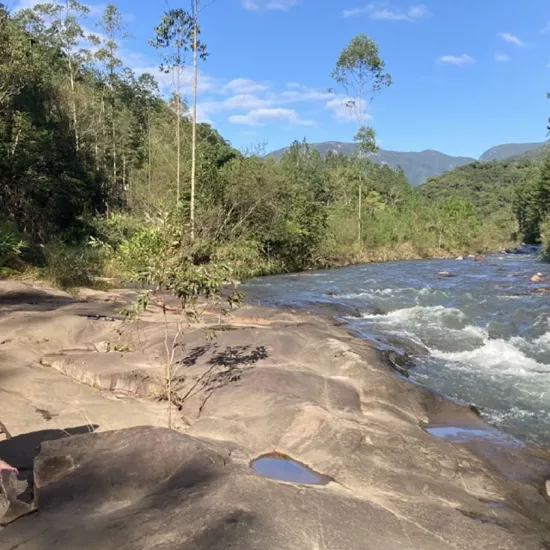Finches reveal further secrets of evolution at Snider Lecture

Despite a rainy evening, bird enthusiasts flocked to UTM on Tuesday night for the Snider Lecture, featuring evolutionary biology legends Professors Peter and Rosemary Grant.
The Grants, who are professors emeriti at Princeton University, are world-renowned for their groundbreaking research project on Charles Darwin’s finches on the Galapagos Islands. Speaking to a nearly full lecture hall in the Instructional Centre, biology professor Marc Johnson introduced the Grants. “Their life and work have inspired our students,” said Johnson, who has himself done field research on the Galapagos Islands.
Partners in life and science, the Grants have spent 40 years studying Darwin’s finches on a remote, uninhabited island. They would live for three to six months of the year on the island—without electricity, roads or plumbing—observing and collecting data on thousands of birds from multiple species.
Their meticulous work has revealed that evolution—once thought to be a slow and gradual process that occurs over millennia—can take place rapidly, from year to year, often in response to environmental change. In fact, they have literally seen new species develop over just a few generations.
Together, their research has revolutionized the scientific world’s understanding of how quickly evolution can take place. Globally recognized as the most influential evolutionary biologists since Darwin, they will be recognized with honorary degrees at the June 7 U of T Mississauga convocation ceremony.
Peter Grant spoke first, suggesting that the confluence of UTM’s 50th anniversary and Canada’s 150th celebrations meant that the planets were aligned for them to speak at UTM. He went on to describe the physical conditions on Daphne, the island where they have done their work. A volcanic outcropping, the small island is generally dry with some cactus flora and vegetation that produces food for the finches.
“We live in a tent, we cook in a cave and we capture birds in nets,” Peter explained. Each bird is weighed, measured, banded and released. In recent years, they have also started taking blood samples for DNA analysis.
Over 40 years, they have observed how two finch species on the island have given way and cross-bred with other species that arrive over water. They have been able to observe how environmental pressures and natural selection have led to the emergence of totally new finch species.
Working on a volcanic island for three to six months out of the year hasn’t been easy, said Rosemary. “The food is quite dull,” she laughed. “We have rice and tuna, and tuna and rice. Sometimes we have Indian spices from our ‘rice repair kit.’”
Following the lecture, several biology students peppered the Grants with questions about their research, but the final question of the night drew the biggest laugh.
“What’s the secret to doing research together for 40 years?”
Peter smiled. “Rosemary is always right.”



